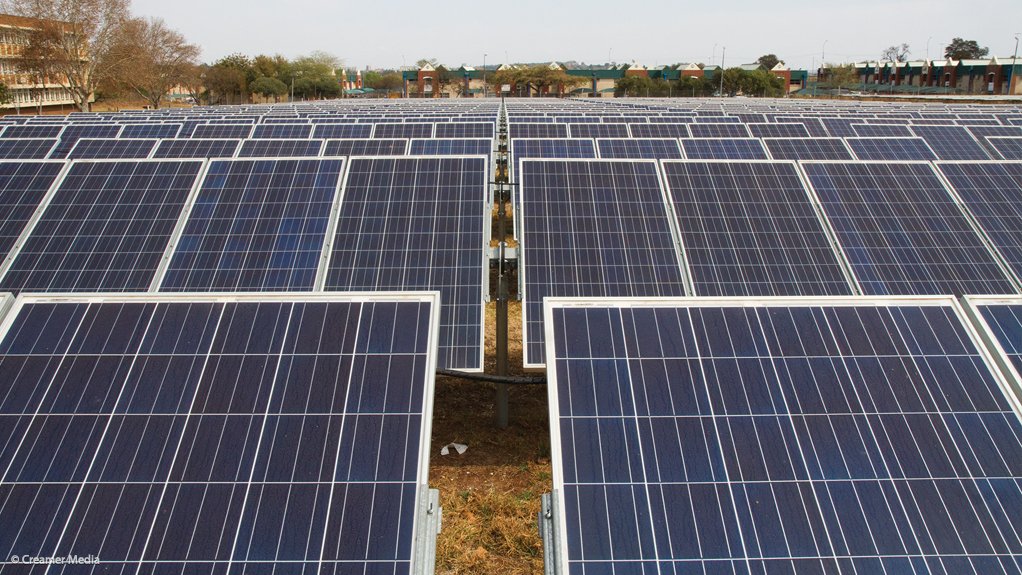The International Finance Corporation (IFC) and the UK Department for International Development (DFID) are facilitating the deployment of off-grid and embedded solar in Nigeria.
Through this partnership, IFC’s Off-Grid and Embedded Solar Market Development and Finance Programme, and DFID’s Solar Nigeria Programme are launching a new programme in Nigeria to finance and develop the solar market.
One of the joint programme’s major aspects will be to provide technical support and possibly financial instruments to local financial institutions to develop business solutions for the emerging solar market, particularly solar photovoltaic technology investments.
“We are committed to increase investment in off-grid energy and accelerating the delivery of solar energy systems that will help improve access to energy for more businesses,” DFID Nigeria head Ben Mellor said.
IFC country manager Eme Essien Lore agreed, noting that the solar market has the potential for "quick wins" in bringing access to electricity for more businesses as it takes less time to install.
“It also enables the production of electricity at the point of need, which eliminates transmission losses to a great extent. We are working with DFID to accelerate access to electricity for more businesses and help contribute to economic growth in the country,” she highlighted.
This programme is part of the World Bank Group’s Energy Business Plan for Nigeria where each World Bank Group institution leverages its competencies and products to provide solutions for projects that encourage the viability and contribute to the sustainability of the power sector.
Over the past three years, IFC has financed close to $3.5-billion in renewable-energy projects worldwide, including biomass, geothermal, hydropower, solar and wind.
A study of the evaluation of solar energy variation in Nigeria, published by the International Journal of Emerging Technology and Advanced Engineering, showed that Maiduguri seemed to experience the greatest solar irradiance range in the country of between 5.5 kWh/m2 a day and 6.7 kWh/m2 a day.
The country, on average, receives solar radiation of about 7 kWh/m2 a day in the far north and about 3.5 kWh/m2 a day in its coastal regions.
Edited by: Creamer Media Reporter
EMAIL THIS ARTICLE SAVE THIS ARTICLE
To subscribe email subscriptions@creamermedia.co.za or click here
To advertise email advertising@creamermedia.co.za or click here













